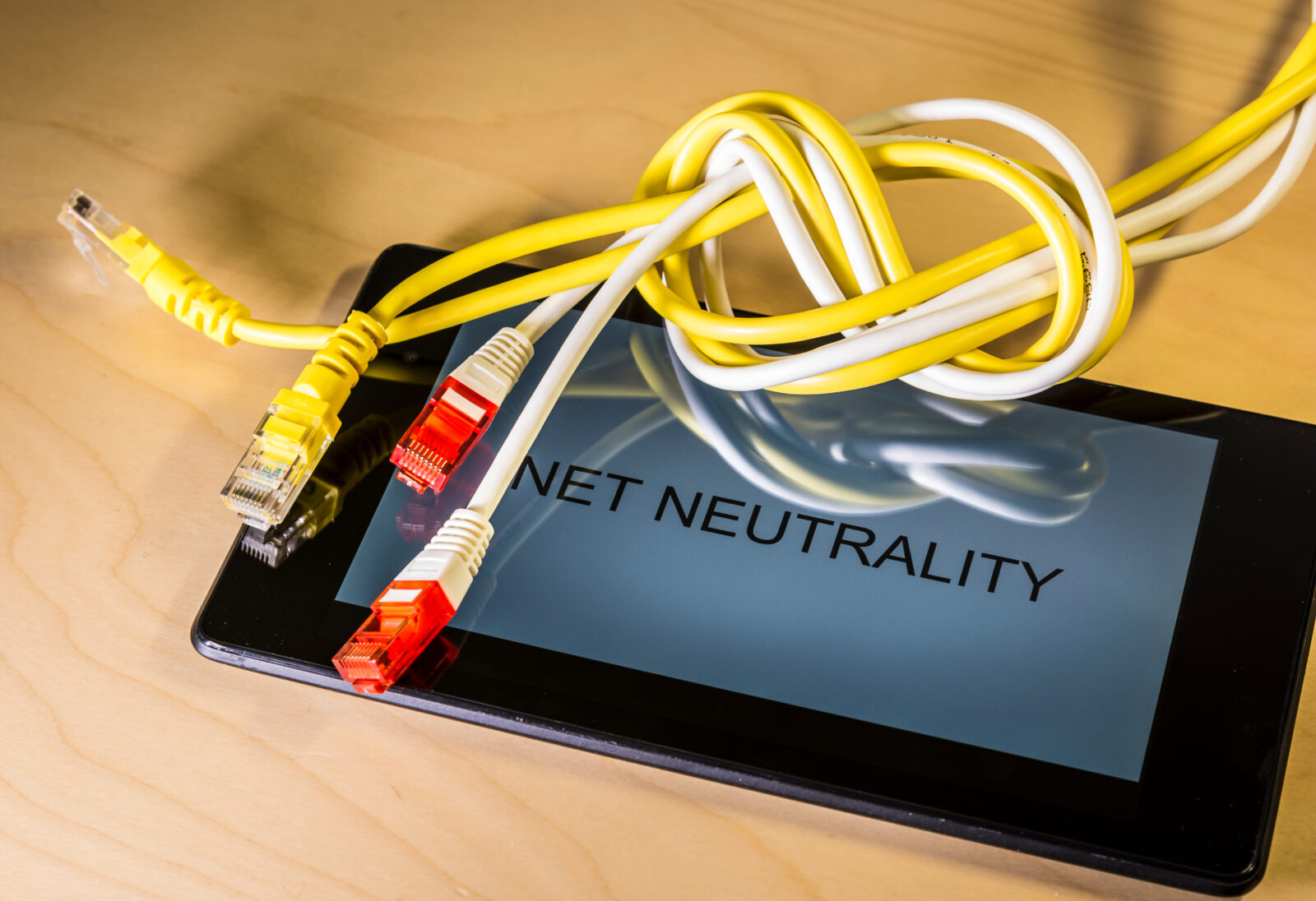George Gilder: Obama’s FCC Puts Internet, American Innovation at Risk
George Gilder explains his opposition to the FCC ruling on net neutrality, arguing that taxing and regulating the internet like it was 1934 will surely stifle investment and innovation, and will turn bandwidth abundance into scarcity. Writes Gilder: “The Internet is a multifarious engine of real innovations, launching new and transitory monopolies with every new phase of its tumultuous growth. An unnecessary effort to suppress every monopoly would bring all this innovation to a halt.” Continue reading . . .
